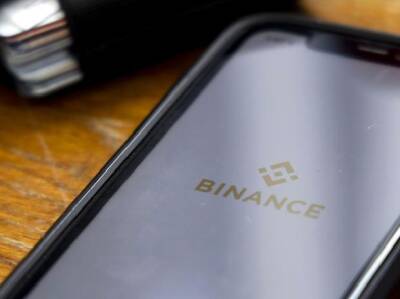CEXs refuse blanket asset freeze of all Russian users, though questions linger
Centralized exchanges, or CEX, CEOs from companies such as Binance, Coinbase, and Kraken have all stated they will only freeze the assets of Russian clients specifically targeted by Western sanctions — not that of everyday Russian users.
A few days prior, Mykhailo Fedorov, Ukraine's Minister of Digital Transformation, had called for "all major crypto exchanges to block [wallet] addresses of Russians" and "also to sabotage ordinary users [by freezing their assets]." In explaining why he was not preemptively banning all Russians (though, Coinbase is not available in Russia), Brian Armstrong, CEO of Coinbase, specifically wrote:
However, Armstrong also said that "if the U.S. government decides to impose a ban, we will of course follow those laws." The sentiments of this statement were echoed by Kraken's CEO Jesse Powell, who stated:
Unsanctioned individuals appear to be feeling the effects of sanctions even so. The day prior, Binance announced that cardholders of sanctioned Russian banks would not be able to use them on its platform. On Friday, reddit user Sammy12xyz raised the issue Iranian crypto enthusiasts face amidst calls for CEXs to crackdown on Russian customers, claiming:
Despite such sanctions, it appears there are several, albeit limited, ways to circumvent them. As one KuCoin moderator writes:
In addition, CEX bans on Iranian IP addresses can be allegedly bypassed with VPNs. Although one Iranian crypto enthusiast Cointelegraph spoke to claimed that cryptocurrencies such as Bitcoin (BTC) are needed in the first place to purchase VPNs in Iran, as such services do not accept fiat payments from Iranians due to sanctions.
Read more on cointelegraph.com















